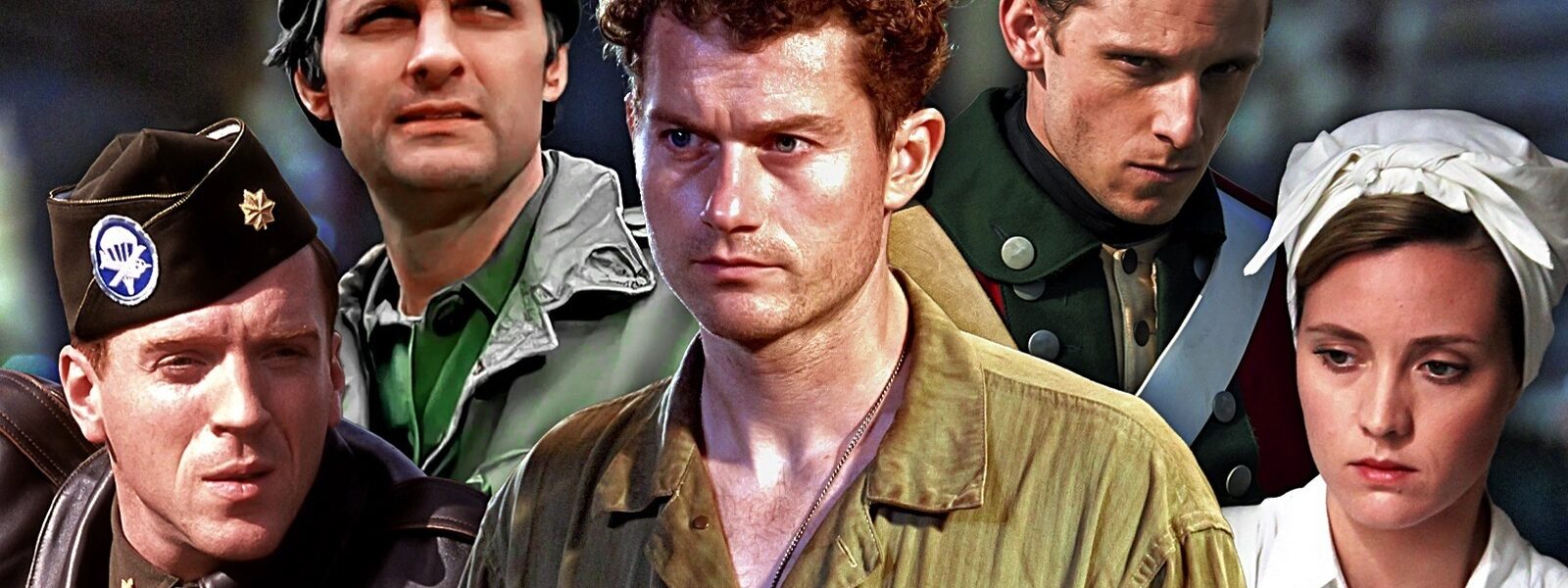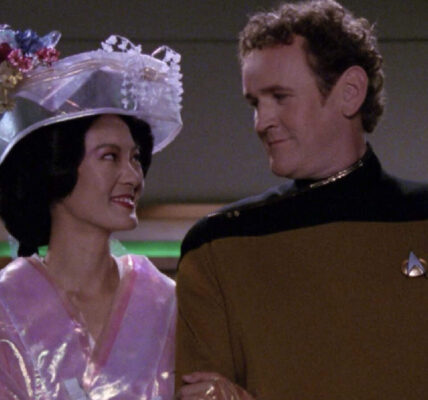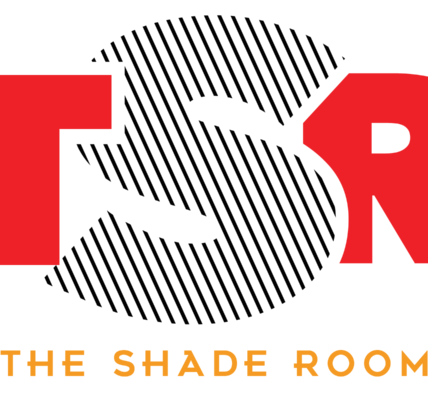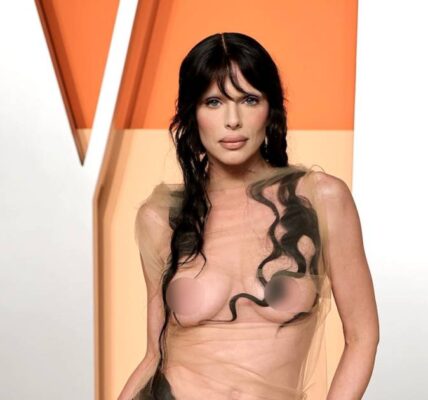Television shows thrive on high drama, and there’s pretty much nothing more high drama than an actual war. From medieval clashes to modern infantry showdowns, these conflicts have been a popular topic of on-screen narratives for decades. Sometimes, these shows reflect the sacrifice of previous generations (especially if there are producers whose names happen to be Tom Hanks or Steven Spielberg, who are classic American dads when it comes to nerding out over World War II). But often, they — like many of the greatest war films of all time — serve to highlight the horrors and futility of war.
Advertisement
Either way, these war series don’t scrimp on the emotional side of things, not just focusing on actual battle sequences (although we often get plenty of that), but the more intimate ramifications of individuals whose countries are at war. And although the majority of these popular series are, naturally, dramas with a heavy action leaning, there are also a surprising number of sitcoms about war, which frequently use gallows humor or surreal comedy to showcase the inherent absurdity of these conflicts. Prepare to brush up on your military history — these are the best war shows of all time.
15. X Company
A Canadian production, “X Company” rightfully highlights the contributions of Canadians in World War II by centering its narrative on the espionage exploits of Camp X, whose spies were operating in France before the United States joined the war. Although there are some scenes set at headquarters back in Canada, the bulk of the action revolves around one unit behind enemy lines in occupied France who live in constant danger of being discovered. Our intrepid heroes include Aurora (Evelyne Brochu), a Jewish French-Canadian who was part of the French Resistance; Neil (Warren Brown), a hot-tempered English ex-boxer; Harry (Connor Price), a young explosives expert; and Tom (Dustin Milligan), an American ad man.
Advertisement
But things get a little hairy when Alfred (Jack Laskey) joins their cell — with a photographic memory, he’s an invaluable asset, but also one that absolutely 100% cannot be allowed to be captured by the Germans, given all the information he contains within him about the Allied war effort. And Alfred’s not exactly battle-tested: In addition to his photographic memory, he has misophonia that makes loud noises — gunfire, for example — agony. “X Company” ran for three seasons, with thrilling adventures that highlighted a different side of the war.
14. Turn: Washington’s Spies
Inspired by the popular history book “Washington’s Spies” by Alexander Rose, “Turn” (later renamed to add “Washington’s Spies” so viewers had more of a sense of what the show was about) stars Jamie Bell as Abraham Woodhull, a Long Island farmer who becomes inadvertently mixed up in the American Revolution when he is recruited as part of a burgeoning spy network for Washington and his band of patriots. Although Woodhull is initially reluctant to get involved, he quickly shows an aptitude for the work, growing into the role over the course of the show’s four seasons.
Advertisement
Much like its lead character, “Turn” demonstrated a flexibility that allowed it to survive over the years — although it earned its best ratings during its first season, its debut also had its fair share of issues, many of which were resolved each time it was renewed. Jamie Bell provides the stable heart of the production, but he is surrounded by a talented cast of performers, rebel and Redcoat alike.
13. The Pillars of the Earth
Although “The Pillars of the Earth” is primarily focused on life in the growing cathedral town of Kingsbridge during 12th century rather than on specific battles, it all operates within the context of the Anarchy, a period in Britain when the crown was bitterly fought over by two potential claimants. After the death of King Henry I (and before that, his son and heir who drowned in the sinking of the White Ship), two rulers stepped forward to take their rightful (well, according to them) place on the throne: Empress Maud (Alison Pill), the daughter of Henry I, and Stephen of Blois, the king’s nephew. One’s a direct descendant, but the other is a man, so you can see where the problem lies.
Advertisement
While there are battle sequences included in “The Pillars of the Earth,” the effect of the Anarchy is more clearly shown in the widespread lawlessness in a society where it’s unclear who’s actually in charge — you gain favor with one monarch, only to watch them be ousted from power the next week. How do you build a future on shifting sands? With excellent performances from its talented ensemble cast, including Ian McShane, Hayley Atwell, Eddie Redmayne, and Rufus Sewell, “Pillars of the Earth” is a classic period miniseries.
12. ‘Allo ‘Allo
Leave it to the British to create a farcical sitcom set in the midst of the Nazi occupation of France during World War II. “‘Allo ‘Allo” stars Gordon Kaye as Rene Artois, a café owner in a small town in France who sort of feels like the definition of Chaotic Neutral. He unwittingly gets roped into the French Resistance, but also has plenty of German customers who frequent his establishment and grow a little too close for comfort.
Advertisement
Rene is the helpless witness to all of their various schemes, and he’s a fount of knowledge about the two warring groups’ plans for one another (as well as other major players) — plans he usually tries to keep to himself. What’s a poor café owner to do, with all this intrigue unfolding around him? “‘Allo ‘Allo” was a hit in its native Britain, running for nine seasons and being resurrected 15 years after its finale for a reunion special that combined documentary interviews and behind-the-scenes footage with new scripted material.
11. Das Boot
“Das Boot” (which translates to “The Boat” in English) is a small-screen follow up to the film “Das Boot,” which was directed by Wolfgang Peterson and released out of Germany in 1981. The film — which is widely considered the best submarine movie ever made — revolves around a crew of U-boat personnel who deal with all the trials and tribulations of war at sea (both the excitement and terror but also the mundanity), and ended up taking home several Academy Awards.
Advertisement
The sequel series released nearly 30 years later introduces elements of disillusionment with the Nazi regime and even open rebellion. One U-boat faces a mutiny, leaving its captain struggling with complicated feelings about his role in the German military, while another has a captain considering the bold act of defecting to the Allies. “Das Boot” ran for four seasons, and its multi-language approach to the war — despite focusing primarily on the German Kriegsmarine — found rapt audiences worldwide.
10. The World at War
There are plenty of great documentaries about World War II, but “The World at War” is undoubtedly one of the most comprehensive and awe-inspiring in its detail. Airing on ITV in 1973, “The World at War” is an exhaustive 26 episodes long, capturing seemingly every single aspect of the war in painstakingly developed individual segments. For a long time, “The World at War” was considered the definitive World War II documentary, showing what the genre was capable of accomplishing.
Advertisement
Without “The World at War,” you definitely don’t get Ken Burns and his now-legendary impact on public television. There’s hardly an angle of the war that the documentary neglects, from major military campaigns to the impact of the conflict on the home front, and for many viewers who didn’t have firsthand experience with World War II, it made it come alive for them in a way that few other shows could.
9. World on Fire
Rather than just focusing on the troops at war, “World on Fire” takes a more comprehensive view of World War II, showing it from the perspective of not just soldiers on the front lines, but journalists, civilians, and members of the local resistance. The lead character is Harry Chase (Jonah Hauer-King), a young Englishman who begins his career in the war working as an interpreter, although he ends up with a British espionage agency eventually. It ran for two seasons — although the second was heavily delayed by the COVID-19 pandemic, hitting screens four years after it initially aired in 2019.
Advertisement
Although some critics were turned off by the earnestness (ok, cheesiness) of “World on Fire,” others appreciated its straightforward storytelling approach to the war’s melodrama. Robert Lloyd reviewed it for The Los Angeles Times, writing “If ‘World on Fire’ is rarely surprising, it’s not full of bad surprises, either, and there is something comforting in the deft way it satisfies dramatic expectations: Expect the expected.” Fair enough! And of course, we’re never going to turn down a war drama with Sean Bean in it. (More on that later.)
8. Generation War
A German production that is uncompromising in its depiction of the destruction of a generation of its country’s youth, “Generation War” follows five friends from Berlin for whom the war takes them in different directions. There are the brothers, Wilhelm (Volker Bruch) and Friedhelm (Tom Schilling), one a consummate soldier and one much more reluctant; Charlotte (Miriam Stein), nurse quietly in love with Wilhelm; Greta (Katharina Schüttler), a bartender and aspiring singer; and Viktor (Ludwig Trepte), her Jewish boyfriend. As young Germans, the war affects and changes them in ways they never could have imagined, with often devastating consequences.
Advertisement
It’s incredibly empathetic towards its subjects, and serves as a reminder that the first victims of the Third Reich were German themselves. Although it faced some controversy when it was initially released, it’s often regarded as one of the best series about World War II to come out of Germany.
7. Sharpe
War is terrible, but in 18th century England, it also had a way of providing social status for young men who otherwise would have little opportunity to distinguish themselves. Sean Bean stars as Richard Sharpe, a soldier who rises to prominence in the midst of the Napoleonic Wars. Based on a popular novel series by Bernard Cornwell, “Sharpe” details the international exploits of Sharpe as he wages war and gets into all kind of scrapes along the way.
Advertisement
The show originally ran for four years in the mid-1990s, with each episode suitably epic in tone, running over an hour and a half and functioning more as mini-films rather than parts of a series. It was brought back a decade later, with two more made-for-TV productions in 2006 and 2008, respectively. Audiences were drawn in by the charm of Sean Bean’s performance (even Cornwell said that he began to think of Sean Bean when writing for the character instead of the image he had originally envisioned in his head), and the robustness of his many wartime adventures.
6. Generation Kill
Often, television shows choose to focus on wars of the past — the more modern conflicts are seen as too fresh, too difficult to romanticize in comparison with early 20th-century wars. “Generation Kill,” by contrast, sets its sights on the American invasion of Iraq in 2003, and was released just five years later. (The Iraq War was still raging at that point, and would continue on — officially, anyway — for another three years.)
Advertisement
Although there are plenty of soldiers featured in “Generation Kill,” which had a massive ensemble cast of actors playing Marines in the 1st Reconaissance Battalion, the show is told from the perspective of a journalist (Lee Tergesen) who has been sent along with the troops to cover the burgeoning conflict. “Generation Kill” is a great war miniseries in its own right, but it’s also memorable for being one of the main breakthrough roles for Alexander Skarsgård, who appeared in this the same year that he began his turn as Eric Northman on “True Blood.”
5. North and South
Yankee and Dixie. Blue and gray. North and South. The conflict of the U.S. Civil War turned half of the country against the other half, and that division is at the heart of “North and South.” The popular 1980s miniseries revolves around the friendship between Orry Main (Patrick Swayze) and George Hazard (James Read), two men from very different backgrounds who are classmates at West Point in the years leading up the Civil War. Main is the son of a wealthy Southern plantation owner, while Hazard hails from Pennsylvania and has a devoted abolitionist for a sister, Virgilia (played by Kirstie Alley).
Advertisement
Naturally, Main and Virgilia immediately have a spark, despite their differences in opinion over, well, the morality of owning a human life. Over the course of the next few years, they’re thrust into a conflict that sees their convictions and alliances challenged, and “North and South” details all the minor and major dramas that go along with life during a civil war.
4. The Pacific
Obviously, Americans fought on the Western Front in World War II, but many U.S. soldiers saw action in the Pacific theater, fighting against the Japanese in the wake of the attack on Pearl Harbor. Released in 2010, “The Pacific” was meant to operate as a counterpart to “Band of Brothers” — each focusing on their own distinct battlefield of the war. Beginning just after the United States entered World War II, it follows a battalion of Marines through some of the biggest engagements in the Pacific, including the now-legendary Battle of Iwo Jima.
Advertisement
Like “Band of Brothers,” its greatest strengths are its production values and the quality of its large ensemble cast, filled with relatable characters who are easy for audiences to empathize with. In addition to James Badge Dale in the lead role as PFC Robert Leckie, “The Pacific” also features Rami Malek, William Sadler, and Jon Bernthal, amongst many others.
3. Hogan’s Heroes
Released while the United States was embroiled in the Vietnam War — a conflict networks were discouraged from commenting negatively upon — “Hogan’s Heroes” was able to create a satire only by setting its comedy in a previous war. In depicting life in a World War II prisoner-of-war camp, “Hogan’s Heroes” was able to highlight the inherent ridiculousness of modern war. An intentionally goofy counterpart to “The Great Escape,” “Hogan’s Heroes” features a group of soldiers who consider it their duty to sabotage Axis war efforts as much as possible.
Advertisement
One of the things that makes “Hogan’s Heroes” so engaging is that since it was released just two decades after the end of World War II, many of its actors had personal experience with the conflict, enriching their characters as a result. Werner Klemperer (Colonel Wilhelm Klink) and John Banner (Sargeant Hans Schultz) came from Jewish families that emigrated to the United States in the lead-up to the war, and Robert Clary (Louis LeBeau) was himself a Holocaust survivor. Despite their experiences — or perhaps because of them — they were able to imbue “Hogan’s Heroes” with a note-perfect sense of humor.
2. Band of Brothers
You know what’s scarier than invading Europe as part of the Allied forces? Jumping out of a plane and parachuting down as part of an invasion of Europe. “Band of Brothers” follows a group of paratroopers in World War II, from their days of training at boot camp to their eventual arrival in Europe. Producers Steven Spielberg and Tom Hanks — who are also responsible for some of the best World War II movies – spared no expense in bringing their dramatic wartime exploits to life, creating a celebratory experience that honors the sacrifices of soldiers in the Second World War.
Advertisement
Now over two decades old (the first episode was released just two days before the World Trade Center attacks, and the surge of patriotism that followed no doubt bolstered its appeal among audiences), “Band of Brothers” is the gold standard when it comes to large, opulent television war dramas. With an endless supply of characters to get emotionally invested in, it also functions as a who’s who of up-and-coming actors — Michael Fassbender, James McAvoy, Simon Pegg, Andrew Scott, Jimmy Fallon, and Dominic Cooper all make early appearances in it.
1. M*A*S*H
“M*A*S*H” isn’t just one of the best war shows ever made — it’s one of the greatest and most popular series in television history, period. It takes place in the midst of the Korean War (although its antiwar leanings are a clear commentary on the Vietnam War, which was still going on when the series began), revolving around the doctors and nurses who work in a surgical unit at a military hospital in Korea.
Advertisement
Although it deals with some dark topics, it has a broad and irreverent sense of humor that handles the war with a light touch. It ran for 11 seasons on CBS, spinning off from a film of the same name, and when it finally went off the air in 1983, its finale episode drew in 105.97 million viewers. To put that into perspective, the entire population of the United States in 1983 was just over 233 million. It’s still the most watched episode of a scripted series in television history, and it’s unlikely to be supplanted anytime soon. Talk about watercooler television!





